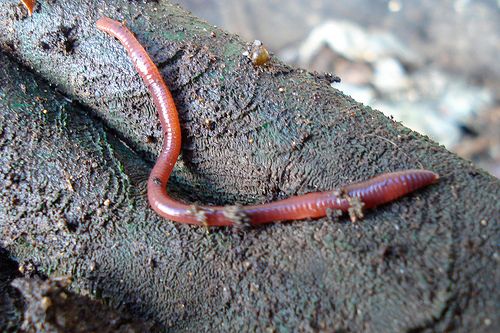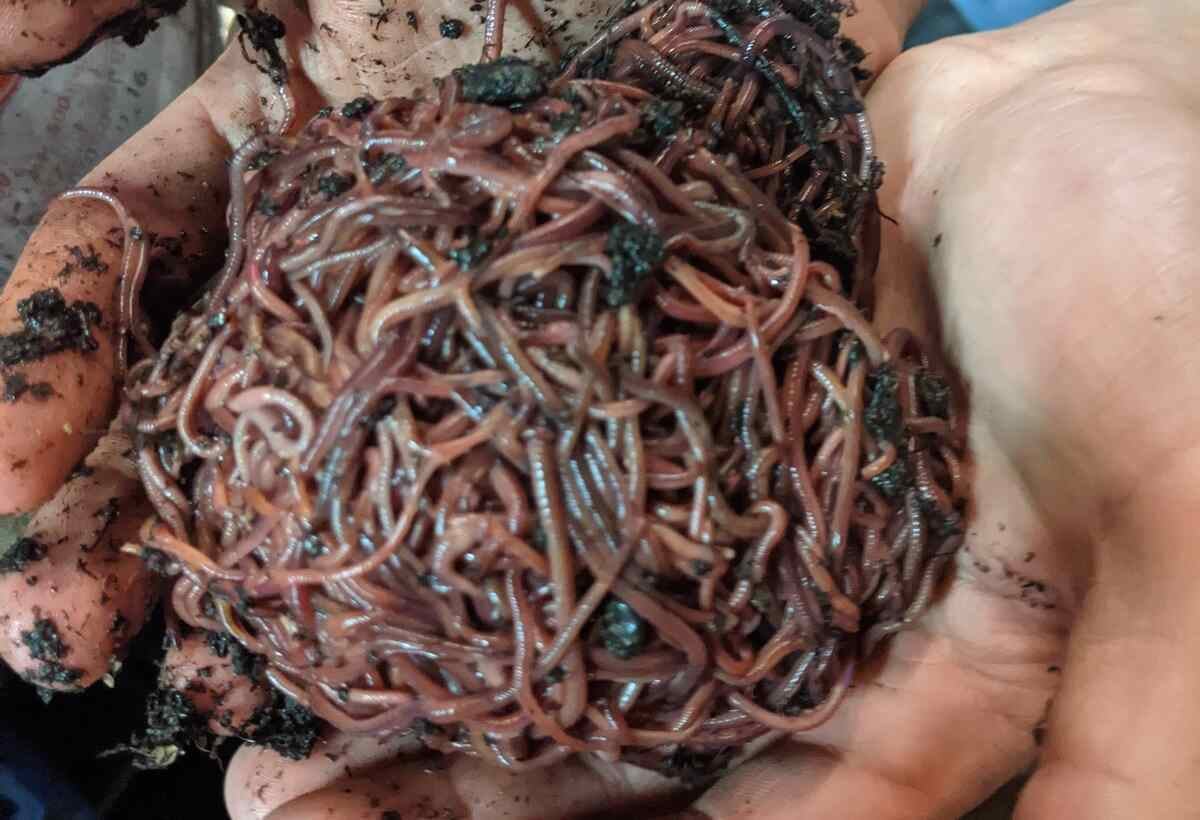Premium Top Quality Red Wiggler Worms - Enhance Your Yard's Fertility
Premium Top Quality Red Wiggler Worms - Enhance Your Yard's Fertility
Blog Article
Red Wiggler Worms Demystified: Opening the Secrets of Vermiculture for Greener Living and Nutrient-Rich Dirt
In the realm of lasting techniques for enhancing soil quality and promoting eco-conscious living, red wiggler worms play a pivotal yet frequently ignored role. Red Wiggler Worms. Recognizing the intricacies of caring for these worms, maximizing their setting, and harnessing their castings can lead to a greener lifestyle and much healthier soil for plants to grow.
The Function of Red Wiggler Worms
Red Wiggler worms play a vital role in composting systems by effectively breaking down natural issue right into nutrient-rich spreadings. These ravenous eaters consume a selection of natural products, such as kitchen area scraps, lawn waste, and paper items. As they feed, the worms' digestion procedures break down the raw material right into a penalty, dark, and nutrient-dense material referred to as worm spreadings or vermicompost.
The castings generated by Red Wiggler worms are extremely useful for soil wellness and plant development. They are abundant in crucial nutrients like phosphorus, nitrogen, and potassium, which are crucial for sustaining healthy and balanced plant growth. Additionally, worm castings have advantageous microorganisms and enzymes that aid enhance dirt structure, increase water retention, and enhance nutrient uptake by plants.
Advantages of Vermicomposting

Moreover, vermicompost, the nutrient-rich output of vermicomposting, acts as a superb organic plant food and soil conditioner. It boosts soil structure, enhances soil oygenation, and raises soil wetness retention. These properties add to much healthier plants with more powerful origin systems and far better resistance to diseases and pests. Vermicompost additionally enriches the dirt with vital nutrients like nitrogen, potassium, and phosphorus, promoting plant development and overall soil fertility.
In addition, vermicomposting supports sustainable gardening practices by offering a chemical-free and all-natural alternative to synthetic plant foods. Red Wiggler Worms. This ecologically pleasant approach not only enhances the soil however likewise helps in reducing reliance on harmful chemicals, advertising a greener and extra lasting method of horticulture
Establishing a Worm Bin
When developing a worm bin for vermicomposting, appropriate arrangement is crucial to make sure the success of the composting process. The very first step in setting up a worm bin is choosing an appropriate container.
After including the bed linen, introduce the red wiggler worms to the bin. The worms must webpage then be provided with food scraps such as fruit and vegetable peels, coffee grounds, and eggshells.
Frequently keep track of the dampness levels and temperature level in the worm bin to make sure optimum conditions for the worms. With appropriate configuration and upkeep, the worm container will effectively transform natural waste into nutrient-rich compost for your plants and yard.
Collecting Worm Castings
To successfully gather nutrient-rich worm castings from your vermicomposting system, a systematic harvesting approach is essential. When it comes time to harvest the worm spreadings, there are a few vital steps to follow to ensure a successful process.

Troubleshooting Common Issues
Recognizing and addressing typical obstacles that might emerge during the vermicomposting process is critical for preserving a healthy and balanced and efficient worm bin. Adding excess food scraps can lead important site to a build-up of moisture and acidity in the worm bin, potentially harming the worms. Another concern is undesirable smells rising from the worm bin.
Furthermore, if the worm population is decreasing or the worms appear harmful, it might be as a result of ecological stressors such as severe temperature levels or pH degrees. Keeping track of these variables and making essential adjustments is vital for the wellness of the worms. By fixing these usual issues promptly, vermicomposters can make sure a successful and smooth vermicomposting procedure while keeping a prospering worm population.

Verdict
In verdict, red wiggler worms play an important function in vermiculture by breaking down organic issue right into nutrient-rich dirt. Setting up a worm bin is crucial for effective vermiculture, and harvesting worm castings provides valuable garden this compost for horticulture.
As they feed, the worms' digestion procedures damage down the organic matter right into a fine, dark, and nutrient-dense product known as worm castings or vermicompost.
The castings created by Red Wiggler worms are highly helpful for dirt wellness and plant development. Including excess food scraps can lead to a buildup of wetness and level of acidity in the worm container, possibly hurting the worms.Additionally, if the worm population is declining or the worms appear harmful, it can be due to environmental stressors such as extreme temperatures or pH degrees. Setting up a worm container is crucial for successful vermiculture, and collecting worm spreadings provides important compost for horticulture.
Report this page